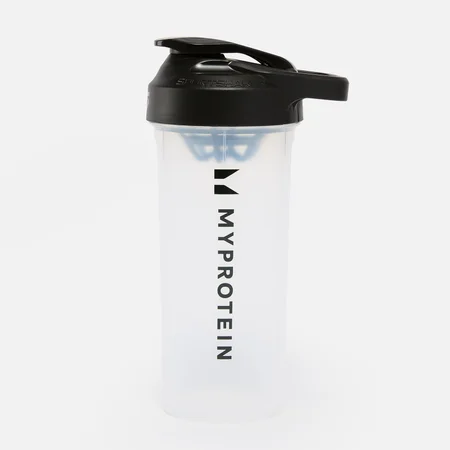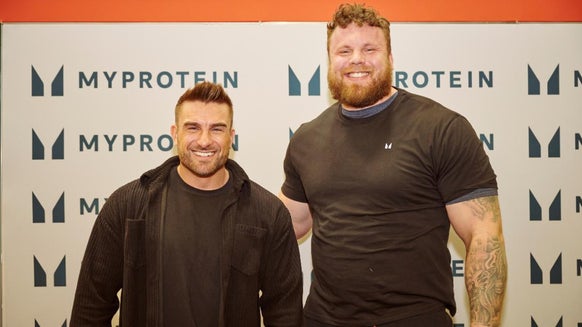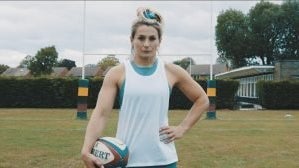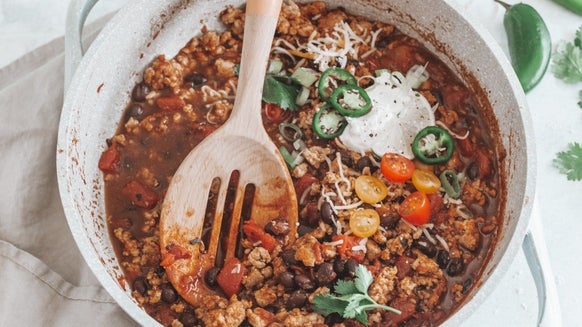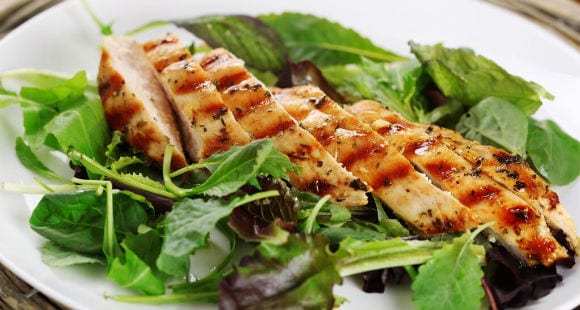
With summer quickly approaching, we all want that dream body to take with us to the beach or even just the pool. We’ve been bulking all winter long and now it’s time to uncover a couple layers of added fat to reveal your newfound muscle bellies. But usually this means dropping a lot of weight and with dropping weight means losing muscle. This type of diet usually means slowly reducing carb intake until there’s nothing more to reduce and then just adding in more cardio to get the results you want.
Not only is this unhealthy, there’s possibly a better way to do it while retaining and adding muscle and still burning fat! Follow this Anabolic Fasting diet and get some insane results.
What Is The Anabolic Fasting Diet?
Anabolic fasting has been around for a few years and has recently been popularized by those in the fitness industry that wanted a new way to burn fat while retaining and building lean muscle tissue. Created initially by Dr Mauro Di Pasquale, the name of the game with this diet is manipulating your body into eating the right foods at the right times to provide insane results from a muscle-building standpoint.
The breakdown of the Anabolic Fasting diet starts with getting your body used to not eating carbohydrates on a daily basis. Perform 12 days in a row of eating as close to zero carbs as possible. After the 12 days are up, follow with 2 consecutive days of reefed days or high-carb days to reset your insulin levels and jumpstart your metabolism to ramp up your fat-burning process. From here on out, you’ll perform 5 days of no carbs, followed by the 2 days of high carbs with the breakdown looking something like this:
Weekdays: 40% protein/60% fat/~25 grams of carbohydrates (these carbs should come from fat and protein sources and should not include any grains or dairy) Weekend: 15% protein/25% fat/60% carbohydrates 
Sample Meal Plan
During the course of the first 12 days, if you’re used to eating carbs, this could be extremely difficult causing a lot of tiredness and irritability. Be sure to use things like whey protein in your favorite flavor to help curve appetite and satisfy your cravings. A sample meal plan Monday-Friday of low carbs and Saturday-Sunday of high carbs are laid out below:
- Whole eggs, bacon, spinach. Snack. Italian or French cheese.
- Ground round, broccoli, and olive oil.
- Italian or Spanish ham.
- Post Workout: Whey, olive oil.
- Mackerel, salad, olive oil, cheese cubes.
- Before Bed: French cheese, ground flax seeds, and fish oil.
- Oats, raisins, milk.
- Lots of fruit.
- Chicken breast, quinoa, spinach.
- Lots of fruit
- Whole grain pasta, tomato sauce, and Parmesan cheese.
- Before Bed. Cottage cheese, berries, ground flax seeds, fish oil

Take-Home Message
Although the anabolic fasting diet may not be for everyone, it does allow those that can complete it an opportunity to have some very good effects from a physical standpoint. The amount of animal fat and saturated fats does have to be monitored if you wish to perform this sort of diet on a long-term basis because it could result in heart disease or diabetes. Like with everything, it’s good in moderation so use this as your secret tool to get you into tip-top shape this summer and get your body beach-ready with the anabolic fasting diet.



